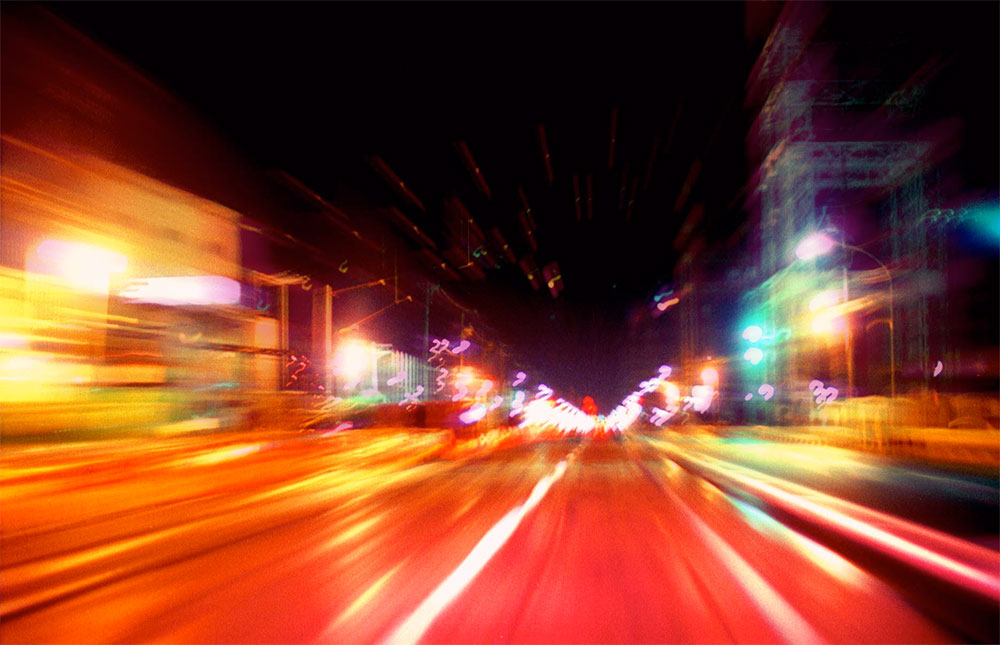No matter how state-of-the-art a car may be, it only performs when there is an alert, engaged driver behind the wheel. This is especially true when driving at night, with diminished visibility, drowsiness, and an increased number of impaired vehicle operators adding to the risks.
According to the National Safety Council, vision accounts for 90 percent of a driver's reaction time. The lack of light after sundown compromises one’s vision, and consequently, deaths from vehicle accidents are three times higher at night than when the sun is up.
In addition, there is also more wildlife on the road, and the limited visibility diminishes the ability to react. Also, with almost one-third of all motor vehicle accidents occurring when at least one operator is above the legal blood alcohol limit, being alert during weekend nights is crucial.
While they won’t eliminate all risk, the following tips will lessens the likelihood of traffic accidents and casualties:
- Keep your vehicle’s headlights on at least 60 minutes before dusk and 60 minutes after dawn. It never hurts to have them on at all times.
- Check to see if your exterior bulbs are functioning, such as break lights and your turn signal. Remember that any burned-out bulbs are a safety hazard and may get you pulled over.
- Proper headlight alignment makes a big difference with visibility. Unaligned headlights can diminish your view of the road and blind drivers of oncoming vehicles.
- Keep the inside of your windshield free from smudges and condensation.
- When driving in fog (or behind another vehicle), lower the beams of your headlights.
- Stay sober. Even a little alcohol can impair judgment, slow reaction time, and cause drowsiness.
- During weekends, be extra cautious. Fatalities from drunk driving are highest on Friday and Saturday nights.
- Maintain a reasonable speed within posted limits.
- Keep a safe distance from cars in front of your vehicle. Less reaction time can lead to fender-benders.
- Look toward the right edge of the roadway to avoid oncoming traffic glare.
- Curves and hills can obscure oncoming traffic. Be particularly aware when approaching them.
- Tired? Pull over at a rest area, restaurant, or parking lot, and walk around until you are awake. If that doesn't work, take a nap.
- Cigarette smoke reduces vision, so resist the urge to light up.
- Deer (and other wildlife) tend to travel in packs. Slow down if you see an animal, because there may be more outside your line of sight.
- If you have car trouble, pull off the road – either to a parking area or as far off the main road as possible. Turn on your emergency and interior lights and stay in your vehicle until help arrives.
- Make sure your eyes are healthy. Those older than 40 should receive an eye exam bi-annually, and those older than 60 should receive one annually. If you have issues seeing at night, but have perfect vision otherwise, consider purchasing glasses with anti-reflective lenses.




 Live Chat
Live Chat



